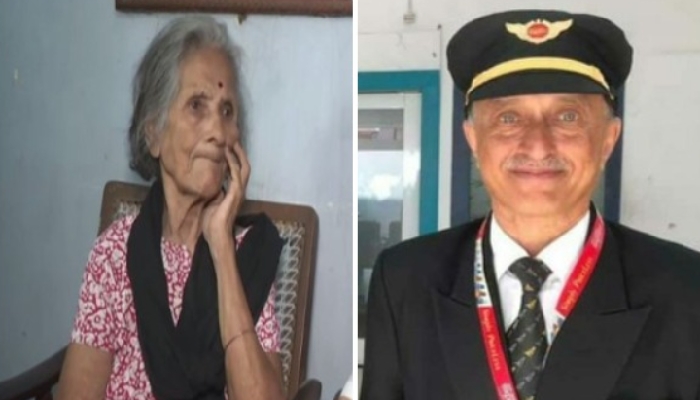New Delhi, Jul 13: Jatin Das, a labourer, was beaten to death by an angry crowd at a wedding venue in Assam three days ago for allegedly demanding that revellers stop bursting firecrackers, laying bare once again the veneer of tolerance that gives way only too easily to extreme rage and aggression.
The 35-year-old labourer's tragic death this week is only the latest in a series of lynchings that have shocked India, and forced experts to introspect on collective anger that kills and the why and how of public violence.
According to reports, at least 20 people were killed in 14 separate incidents between May and July 2018 in various parts of India.
Though the National Crimes Records Bureau (NCRB) does not specifically track lynchings, the incidence of mob killings and vigilantism has been on the rise.
The killing of Das, who wanted the fireworks be stopped because he had been hit by a splinter, is one end of the lynching spectrum. If his ask triggered irrational fury, the other cases are fuelled by righteousness with mobs believing they were doing the good thing.
Some of the victims were believed to be beef eaters or indulging in cow slaughter, others were thought to be kidney smugglers, and in many cases the victims were suspected to be child abductors.
The reasons for this vigilante justice were varied but the root cause was often the same -- suspicion based on rumours fanned by messages on social media platforms like WhatsApp.
According to Mumbai-based psychologist Harish Shetty. India is caught in a "state of post-disaster syndrome", contributing significantly towards the making of an angst driven "fickle" population which can be easily instigated.
"One needs to understand that something or the other is always happening in this country...children are being stolen... suicides and murders are happening. All of this leaves people in a state of hyper-arousal and a small trigger can channel their frustration," he said.
In Dhule in Maharashtra, where five people were killed on July 1, violence in the predominantly adivasi region was triggered following rumours of child kidnappers on WhatsApp.
"Rumours of child kidnappers were doing rounds on Whatsapp, and people became suspicious of the victims who belonged to the nomadic Gosavi community due to their alien attire and language," Superintendent of Police M Ramkumar told .
A police team of "eight people", heavily outnumbered by the mob, reached the spot within 40 minutes, only to find that the victims had already succumbed to the attacks.
The deaths bring to light the horrors of mob fury when a group of people, sometimes 50 and sometimes as many as 3,500 like in Dhule, decide to take law in their hands and kill somebody. Last month, the deaths of 29-year-old Nilotpal Das and 30-year-old Abhijeet Nath in Assam's Karbi Anglong district shook the country. The two were beaten to death by over 500 angry people, again on the suspicion of being child abductors.
"It is an uncivilised notion of justice," said city-based lawyer Kirti Singh.
Equating the act of lynching with a kangaroo court where "the mob seems to be doing what it thinks is right", she said people build up the fury on "fake news".
She rued the absolute lack of political will to put an end to these "rumours" and blamed the absence of a policy of "zero-tolerance" towards the heinous crime for the lives lost.
"Lynching is illegal. It is brutal murder. The ruling dispensation needs to tell people they cannot take the law in their hands. There should be widespread condemnation of such actions. They should set an example by talking extensively about its horrors," the lawyer said.
Singh also stressed on the need for police to act immediately and efficiently to stop incidents of violence from escalating, particularly by getting more forces.
Agreeing with her, Shetty said, "The police needs to be 10 steps ahead of the rumours."
Putting a check on the anti-social elements spreading fake news, effectively communicating with the general public and making them aware about marginalised communities are some of key steps the police must keep in mind, Shetty said.
Cyber law expert Pawan Duggal suggested "data localisation" to supervise the disemmination of content on Whatsapp and similar platforms.
According to him, having servers of Whatsapp and Twitter in India will help bring the data that needs to be controlled within the physical boundary of India, thereby bringing it within the purview of Indian law.
"This could have a substantial impact on reducing the dissemination of fake news," Duggal said.
In 2015, the lynching of Mohammed Akhlaq following rumours that he was storing beef in his home in Dadri village shocked the nation and prompted a nationwide debate. Three years later, the cases continue to pile up but the outrage seems to have dulled, prompting the question -- is lynching the new normal?






Comments
One Word "ACHA DIN"
Add new comment